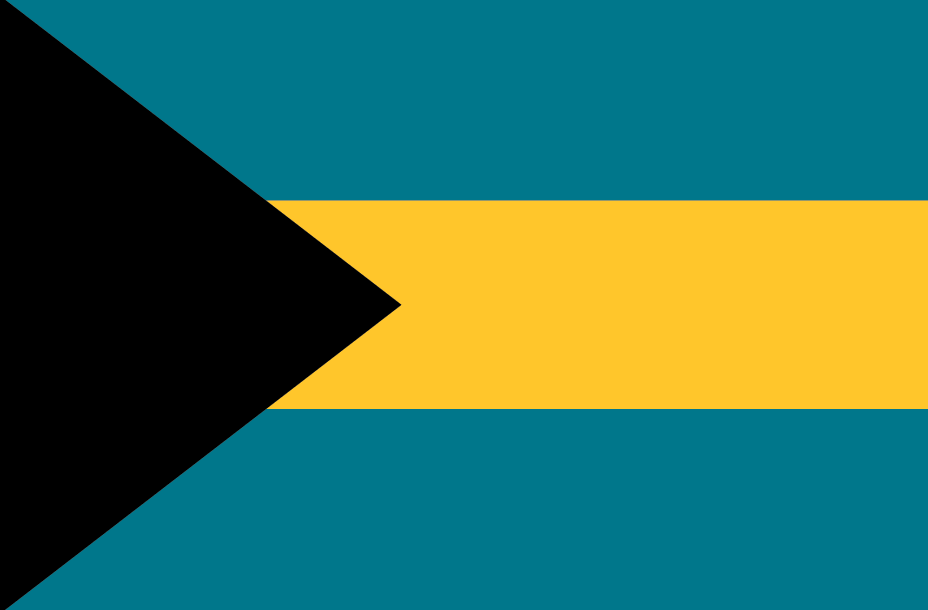
Sustainability Efforts
Country: Bahamas
Explore sustainability efforts in Bahamas. The United States Environmental Protection Agency (“EPA”) said it well when they state:
“Sustainability is based on a simple principle: Everything that we need for our survival and well-being depends, either directly or indirectly, on our natural environment. To pursue sustainability is to create and maintain the conditions under which humans and nature can exist in productive harmony to support present and future generations.”
About Bahamas
The Bahamas, an archipelago of over 700 islands in the Atlantic Ocean, is a tropical paradise renowned for its stunning beaches, turquoise waters, and vibrant coral reefs. From the bustling capital of Nassau to the secluded Out Islands, it offers diverse experiences for every traveler. Snorkeling, diving, and boating enthusiasts can explore the world-class underwater ecosystems, including the Andros Barrier Reef and Exuma Cays Land and Sea Park. The Bahamas also boasts rich cultural heritage, with influences from West Africa, Europe, and the Caribbean. Visitors can immerse themselves in Junkanoo festivals, sample traditional Bahamian cuisine, and explore historic sites like the Queen’s Staircase. With luxurious resorts, warm hospitality, and a laid-back island vibe, the Bahamas captivates visitors with its natural beauty and vibrant culture, making it an idyllic destination for relaxation, adventure, and unforgettable memories. Sustainability efforts in Bahamas will enhance the country’s future.
Sustainability Efforts
Toggle each button below to “open” and “close” the presented data.

Poverty: The Bahamas has implemented social assistance programs to address poverty. As of 2021, the poverty rate in the Bahamas was estimated to be around 14%.

Hunger: The Bahamas has initiatives to combat hunger and food insecurity. The government supports food aid programs, community gardens, and agricultural projects to enhance food availability and access.

Healthcare: The Bahamas provides healthcare services through public and private facilities. The government invests in healthcare infrastructure, health promotion programs, and disease prevention efforts to improve overall healthcare access and quality.

Education: Education is a priority in the Bahamas. The government invests in education infrastructure, teacher training, and curriculum development to ensure access to quality education for all citizens.

Gender equality: The Bahamas is committed to promoting gender equality. The government has implemented legislation to address gender-based discrimination, enhance women's rights, and increase women's representation in leadership positions.

Clean water and sanitation: The Bahamas has made efforts to ensure clean water and sanitation services. The government invests in water infrastructure, water quality monitoring, and sanitation improvements to provide access to safe drinking water and proper sanitation facilities.

Affordable clean energy: The Bahamas is working towards affordable clean energy sources. The government promotes renewable energy projects, energy efficiency measures, and public awareness campaigns to reduce dependence on fossil fuels and increase access to clean and sustainable energy.

Decent work and economic growth: The Bahamas aims to promote decent work and sustainable economic growth. The government implements policies to support job creation, entrepreneurship, and inclusive economic development, while ensuring workers' rights and fair labor practices.

Industry, innovation, and infrastructure: The Bahamas focuses on developing sustainable industry, promoting innovation, and improving infrastructure. The government supports investments in technology, research and development, and infrastructure projects to foster economic diversification and growth.

Reduced inequalities: The Bahamas strives to reduce inequalities within the society. The government implements policies to address income disparities, provide equal opportunities, and promote social inclusion for marginalized groups and vulnerable populations.

Sustainable cities and communities: The Bahamas focuses on creating sustainable cities and communities. The government promotes urban planning, affordable housing, access to basic services, and sustainable transportation to enhance quality of life and environmental sustainability.

Responsible consumption and production: The Bahamas encourages responsible consumption and production patterns. The government promotes waste reduction, recycling initiatives, sustainable resource management, and sustainable tourism practices to minimize environmental impact.

Climate action: The Bahamas is committed to climate action and addressing climate change. The government implements measures to reduce greenhouse gas emissions, enhance resilience to climate impacts, and promote sustainable land and marine management.

Life below water: The Bahamas focuses on protecting and conserving marine ecosystems and resources. The government implements measures to combat overfishing, promote sustainable fishing practices, and protect marine biodiversity and habitats.

Life on land: The Bahamas aims to protect and restore terrestrial ecosystems and biodiversity. The government promotes sustainable land use, conservation efforts, and reforestation initiatives to preserve natural habitats and enhance ecosystem services.

Peace, justice, and strong institutions: The Bahamas promotes peace, justice, and strong institutions. The government works to ensure access to justice, promote human rights, combat corruption, and strengthen governance and rule of law.

Partnerships for the goals: The Bahamas recognizes the importance of partnerships for achieving sustainable development. The government collaborates with international organizations, civil society, and the private sector to mobilize resources, share knowledge, and foster global cooperation.



